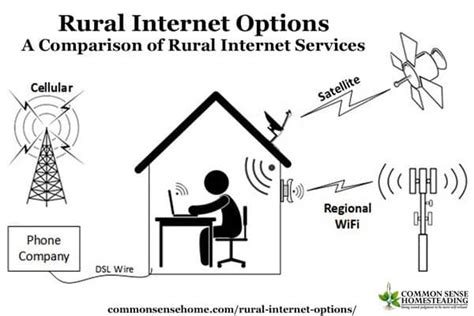How To Get Cell Phone Service In Remote Areas
Ronan Farrow
Mar 24, 2025 · 3 min read

Table of Contents
How to Get Cell Phone Service in Remote Areas
Getting reliable cell phone service in remote areas can feel like an impossible task. The vast distances, sparse populations, and challenging terrains often make it difficult for traditional cell towers to reach. But don't despair! There are several solutions available to stay connected, even when you're far from civilization. This guide will explore the best options to ensure you can still make calls, send texts, and access data, no matter how remote your location.
Understanding the Challenges of Remote Connectivity
Before diving into solutions, it's crucial to understand why getting cell service in remote areas is so difficult. The primary hurdle is the distance from cell towers. These towers require significant infrastructure, including power sources and backhaul connections (fiber optic cables or microwave links) to transmit signals. Installing such infrastructure in remote locations is costly and often impractical. Furthermore, terrain can significantly impede signal strength, with mountains, forests, and valleys blocking or weakening signals.
Solutions for Getting Cell Service in Remote Areas
Several options exist to bridge the connectivity gap in remote areas. Let's examine them:
1. Satellite Phones
Satellite phones offer unparalleled coverage, working virtually anywhere on Earth with a clear view of the sky. They bypass the need for terrestrial cell towers by communicating directly with satellites orbiting the planet. However, they come with some drawbacks:
- Cost: Satellite phones and their service plans are generally more expensive than traditional cell phones.
- Call Quality: Call quality can be affected by weather conditions and signal strength.
- Size and Weight: Satellite phones tend to be larger and heavier than conventional smartphones.
2. Satellite Internet
Satellite internet provides internet access via satellite, enabling you to use data-enabled applications on your smartphone or other devices. This offers a broader range of functionality compared to just satellite phones. Considerations include:
- Latency: Satellite internet often has higher latency (delay) than terrestrial internet connections.
- Data Caps: Data usage is usually capped, requiring careful monitoring of your consumption.
- Cost: Similar to satellite phones, the cost of satellite internet can be significant.
3. Mobile Hotspot with a Cellular Booster
If you're within range of a weak cell signal, a cellular booster can amplify the existing signal, making it stronger and more reliable for your smartphone or other devices. You can combine this with a mobile hotspot to share the boosted signal with multiple devices. This is a cost-effective solution if a weak signal is present.
- Limited Range: Cellular boosters only work if a weak signal is already detectable.
- Installation: Requires proper installation for optimal results.
4. Mesh Networks
For a truly off-grid solution, a mesh network consisting of multiple connected devices can be established. Each device acts as a node, relaying signals to others, extending the network’s reach. While technically advanced, it provides a level of connectivity where traditional methods fail.
- Technical Expertise: Setting up and maintaining a mesh network requires technical expertise.
- Cost: Can involve substantial initial investment in equipment.
5. Choosing the Right Provider
Regardless of your chosen solution, researching and choosing a reputable provider is crucial. Pay close attention to their coverage maps, customer reviews, and service agreements to ensure a reliable and satisfactory experience.
Maximizing Your Connectivity
Regardless of your chosen method, certain practices can improve your connectivity:
- Find High Ground: Higher elevations often offer better signal reception.
- Minimize Obstructions: Clear any obstructions between your device and the signal source.
- Use External Antennas: External antennas can significantly boost signal strength for satellite and cellular connections.
Finding reliable cell service in remote areas requires careful planning and consideration of various factors. Weigh the pros and cons of each option, choosing the solution that best suits your needs and budget. With a little research and the right technology, you can stay connected even in the most remote locations.
Featured Posts
Also read the following articles
| Article Title | Date |
|---|---|
| How To Get In An Electrician Apprenticeship | Mar 24, 2025 |
| How To Get A Title For A Scooter Without Title | Mar 24, 2025 |
| How To Clean Primer Before Paint | Mar 24, 2025 |
| How To File For Temporary Custody In Florida | Mar 24, 2025 |
| How To Cut Plastic Wall Panels | Mar 24, 2025 |
Latest Posts
-
How Large Is 3 Inches
Apr 05, 2025
-
How It Works From Aa
Apr 05, 2025
Thank you for visiting our website which covers about How To Get Cell Phone Service In Remote Areas . We hope the information provided has been useful to you. Feel free to contact us if you have any questions or need further assistance. See you next time and don't miss to bookmark.
